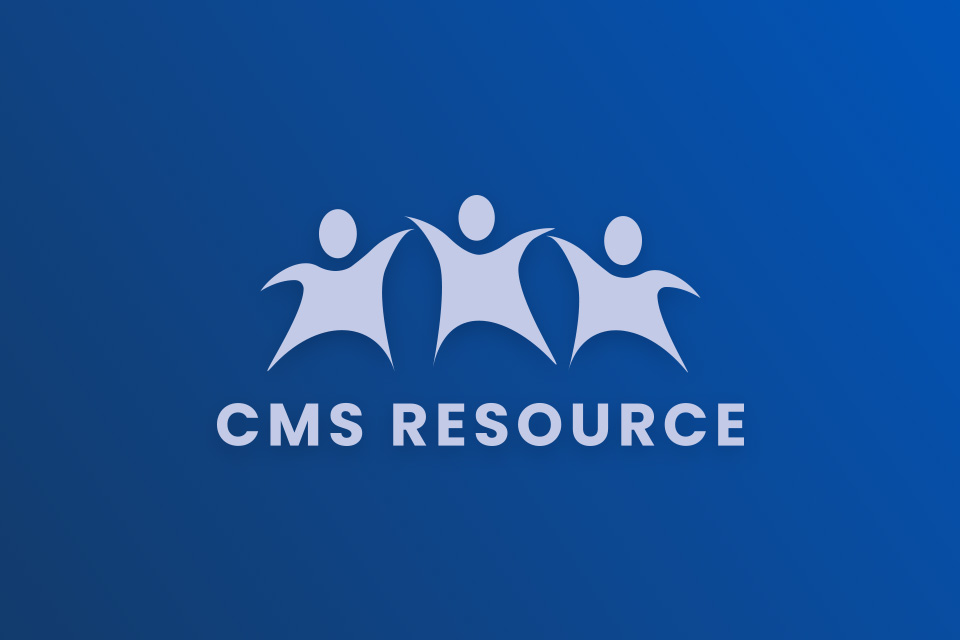As one of the nation’s leading providers of substance use disorder treatments, we’re dedicated to educating patients, families, and medical providers alike. Explore our latest insights to learn more about opioid addiction treatment.

If you or someone you care about has been using prescription painkillers or illicit opioids for any length of time, stopping can feel daunting. Opioids alter brain chemistry in ways that make the body depend on them to feel “normal,” so once you reduce or stop using them, the nervous system reacts quickly and produces […]


If you’ve ever found yourself confused by the terms opioid and opiate, you’re not alone. These words are often used interchangeably in the news, in medicine, and in everyday conversations. But there is a difference, —and understanding it can help make sense of everything from prescription painkillers to the ongoing opioid crisis. Let’s break it […]


World Mental Health Day is observed every year on October 10, providing a moment to pause, learn, and look out for one another. Mental health challenges touch families, workplaces, and communities. In 2020, 1 in 5 U.S. adults experienced a mental health condition, and in 2021, 19.4 million U.S. adults experienced a substance use disorder […]


If you’ve been using opioids, whether prescription painkillers like oxycodone or illicit substances like heroin and fentanyl, stopping suddenly can feel overwhelming. Withdrawal is often described as one of the most miserable experiences a person can endure, bringing intense physical and emotional symptoms that make quitting on your own incredibly challenging. Many people searching for […]


Opioid treatment programs (OTPs) are designed to help people recover from opioid addiction, yet many patients find themselves frustrated by unnecessary barriers, inadequate care, and a lack of compassion in these programs. Stories from patients switching to Community Medical Services (CMS) reveal common issues: restrictive methadone dosing policies, long waitlists, unnecessary take-home dose restrictions, and […]


At Community Medical Services (CMS), our mission has always been clear: to help those who are suffering from substance use disorders. Every day, we see the pain and struggles experienced by individuals and families affected by this crisis — and every day, we commit ourselves to serving others, by providing compassionate, effective care that helps […]


Urine drug screens (UDSs) are used in opioid treatment programs to help clinicians track patient progress, adjust treatment plans, and address potential risks. At Community Medical Services, we’ve gathered extensive data from UDS results to understand better trends over time and how these results affect other important outcomes, such as patient retention and Social Determinants […]


Opioids are a class of drugs that play a crucial role in both medical treatment and substance use disorders. From powerful pain relief in hospitals to the ongoing opioid crisis, understanding the different types of opioids and how they affect the body is essential for patients, healthcare providers, and those seeking recovery from opioid use […]


In April 2024, the Substance Abuse and Mental Health Services Administration (SAMHSA) implemented its first significant update to opioid treatment regulation in over twenty years. The changes, known as the Final Rule, represent a significant shift in how opioid treatment programs (OTPs) operate across the United States. These new regulations make treatment more accessible and […]


When it comes to treating opioid addiction, one of the most common misconceptions we encounter is the belief that medication-assisted treatment (MAT) is merely “trading one drug for another.” This statement, often rooted in misunderstanding, overshadows the significant benefits that medications like methadone and buprenorphine provide to those suffering from opioid use disorder (OUD). The truth is, […]

We use cookies to improve your experience on our site. By using our site, you consent to cookies.
Websites store cookies to enhance functionality and personalise your experience. You can manage your preferences, but blocking some cookies may impact site performance and services.
Essential cookies enable basic functions and are necessary for the proper function of the website.
Google Tag Manager simplifies the management of marketing tags on your website without code changes.